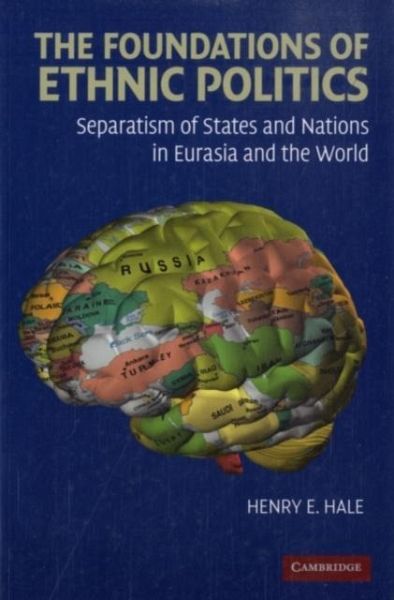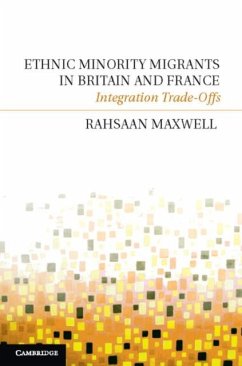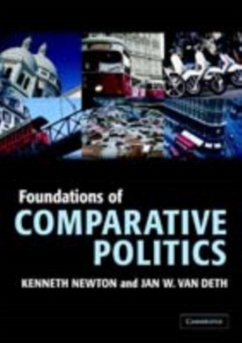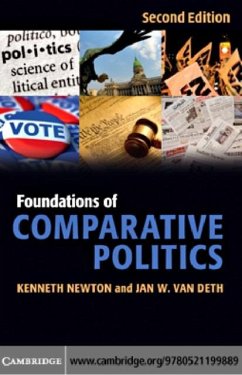
Foundations of Ethnic Politics (eBook, PDF)
Separatism of States and Nations in Eurasia and the World
Versandkostenfrei!
Sofort per Download lieferbar
22,95 €
inkl. MwSt.
Weitere Ausgaben:

PAYBACK Punkte
11 °P sammeln!
Despite implicating ethnicity in everything from civil war to economic failure, researchers seldom consult psychological research when addressing the most basic question: What is ethnicity? The result is a radical scholarly divide generating contradictory recommendations for solving ethnic conflict. Research into how the human brain actually works demands a revision of existing schools of thought. Hale argues ethnic identity is a cognitive uncertainty-reduction device with special capacity to exacerbate, but not cause, collective action problems. This produces a new general theory of ethnic co...
Despite implicating ethnicity in everything from civil war to economic failure, researchers seldom consult psychological research when addressing the most basic question: What is ethnicity? The result is a radical scholarly divide generating contradictory recommendations for solving ethnic conflict. Research into how the human brain actually works demands a revision of existing schools of thought. Hale argues ethnic identity is a cognitive uncertainty-reduction device with special capacity to exacerbate, but not cause, collective action problems. This produces a new general theory of ethnic conflict that can improve both understanding and practice. A deep study of separatism in the USSR and CIS demonstrates the theory's potential, mobilizing evidence from elite interviews, three local languages, and mass surveys. The outcome significantly reinterprets nationalism's role in CIS relations and the USSR's breakup, which turns out to have been a far more contingent event than commonly recognized.
Dieser Download kann aus rechtlichen Gründen nur mit Rechnungsadresse in A, B, BG, CY, CZ, D, DK, EW, E, FIN, F, GR, HR, H, IRL, I, LT, L, LR, M, NL, PL, P, R, S, SLO, SK ausgeliefert werden.













